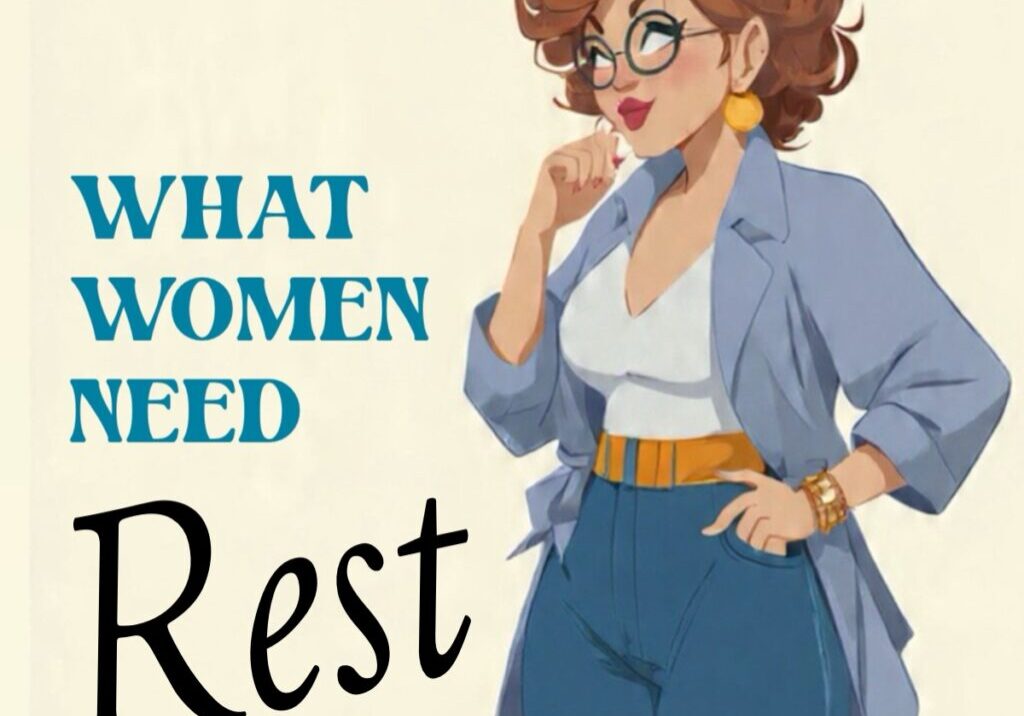For several years, our small tribe of women met for Bible study with female inmates in our local jail. They shared their stories of abuse, drugs, tragedy, and great sorrow. We did our best to point them to Jesus, the only One who could heal their hurt and help them find lasting peace.
Since we saw some of them only once, every encounter had to be Spirit led. We did, however, develop a relationship with those who remained incarcerated for several weeks or months. It inspired all of us when we witnessed the Spirit moving in the hearts and lives of those who accepted our challenge to merely read the Bible every day.
Occasionally, reoccurring poor choices would lead the same woman back to jail again and again. One of the ladies caught in that revolving door intrigued me more than all the others. She was exceptionally smart and well-spoken. She knew a great deal about the Scriptures. She had a winning smile, charming wit, and seemed confident without coming across as arrogant. It confounded me that she continued to make the same bad choices over and over again, knowing she would eventually suffer the consequences.
After about her third or fourth return visit, I asked her, “Why do you think you keep making the same mistakes when you know you’ll wind up back here in jail?” She leaned back in her chair as the question rolled around in her head. I stayed quiet, and finally, she leaned forward, smiled that smile of hers, and explained it this way, “It’s not that I don’t know what I should do. I know what’s right. I know all about God. It just comes down to this: I don’t want to. Period. I find pleasure in all the wrong things I do, and I don’t want to stop.”
I’ve thought about that statement a great deal over the last few weeks. I’ve come to realize that in ways much different from my inmate friend, that’s exactly why I keep making the same mistakes over and over. It’s not that I don’t know that I should put others’ interests ahead of my own. It’s not that I don’t understand how blessed it is to give rather than to receive. It’s not even that I don’t know how I should treat others. It always boils down to whether or not I want to.
Most all of us have had, are having, or will have some kind of ongoing struggle that could use a powerful dose of “want-to” injected into it. Most likely, these struggles involve other people. The author, speaker, and leadership guru John Maxwell says in his book Winning with People, “Human relations is the most important science in living.” Maxwell’s book goes on to describe the principles involved in creating and maintaining healthy, vibrant relationships. Yet, before any of those principles can be applied, we have to want to change.
I came up with a list of hard questions to help me evaluate my level of want-to:
- Do I want to see things from another’s point of view?
- Do I want to take the time to learn something from everyone?
- Do I want to listen more than I speak?
- Do I want to love, do good, and expect nothing in return?
- Do I want to let my closest friends see the real me?
I don’t know how you answered those questions, but for me, I’m sad to say, the answer to all of them was, “Probably not.” When it comes to relationships, it’s hard to always put others first. As much as I want to please my husband, there have been times when I just wanted things my way. With my closest friend and family members, more times than not, I wanted to talk way more than I listened. When other relationships didn’t progress the way I wanted, I rushed the process by pushing my own agenda.
Becoming more self-aware sometimes stinks. Yet, the fragrance emitted after seeing ourselves clearly and then becoming friends with that face in the mirror blows away any stench. John Maxwell says, “You’ve got to be your own best friend first. How can you be best friends with someone you don’t even know or like?”
When you and I look in the mirror and see our hair out of place, we don’t beat ourselves up about it. We just fix it. Neither should taking a good look at how we’ve treated people in the past throw us into a pit of shame. Realizing where we’ve gone wrong simply allows us to fix things. It provides a significantly different perspective that propels us to intentionally find value in everyone we meet and then add to it. Adding value to the lives of others blows the dirt out of our relationships, and we discover new ways to love God and His other kids. In a nutshell, we do what Paul advises in Romans 12: “Don’t just pretend to love others. Really love them. Hate what is wrong. Hold tightly to what is good. Love each other with genuine affection, and take delight in honoring each other.” (Romans 12:9-10 NLT)
After taking a good look in the mirror and recognizing my mistakes, I have to fix my eyes on Jesus so that He can constructively help me change the way I think and act. He injects my soul with a heavy dose of want-to. Day by day, step by step, we can all make changes that help us look more like Jesus. That’s what transformation is all about.
“I give all my thanks to God, for his mighty power has finally provided a way out through our Lord Jesus, the Anointed One! So, if left to myself, the flesh is aligned with the law of sin, BUT NOW my renewed mind is fixed on and submitted to God’s righteous principles. So now the case is closed. There remains no accusing voice of condemnation against those who are joined in life-union with Jesus, the Anointed One.” (Romans 7:25-8:1 TPT, emphasis mine)
#JohnMaxwell #WinningWithPeople












